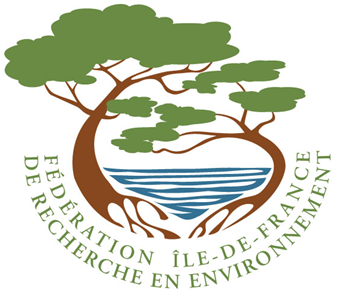The Social Dynamics and Recomposition of Spaces Laboratory (LADYSS) is a multidisciplinary UMR distributed across 4 university sites (Paris 1, Paris 7, Paris 8, Paris 10). Attached to two CNRS Institutes (INSHS and INEE), the Ladyss depends on two sections of the CNRS (39 and 36) and three sections of the CNU (19, 23, 24). It emerged from the merger, in 1997, of 2 laboratories, each representing a discipline: sociology (GRMSE, H. Mendras and M. Jollivet), and geography (Strates, M. Rochefort and N. Mathieu). The current affiliations of its members cover numerous SHS disciplines : geography, economy, anthropology, sociology.
The challenges that LADYSS intends to address relate to understanding social and environmental transformations, and the responses that individuals and social groups seek to provide. The LADYSS intends to pursue the local link as the crucible of its research identity, remaining attentive to the approaches and results of public action and collective action. In pursuing its focus on society/environment relations, the laboratory pays sustained attention to globalization processes and their effects on populations and environments. Its historical identity is projected into a science/society relationship constructed and thought out by back and forth between researchers and various actors who shape, manage, transform and appropriate the territories. The research approaches that he invests open up to different forms of mobilization and collective action.
The LADYSS collective approach is based on three Transversalities which allow common problematization across the entire Laboratory. They are structured around 3 themes: Inequalities and territorial injustice: renewing approaches; Mobilizations, commitment, collective action; Methodological questioning and reflexivity of scientific approaches. Ongoing research work is carried out by colleagues in the Ateliers. These Ateliers are the places where practical research work is carried out, the regular activity of the laboratory. They are structured around 6 themes:
- Alternative business and organizational models
- Transitions: organizations, territories and societies
- Agriculture, food and social cohesion
- Health, health issues and territories
- Living beings and their territorial and environmental issues
- Spatiality of living beings, from intimate gestures to collective shaping of environments

